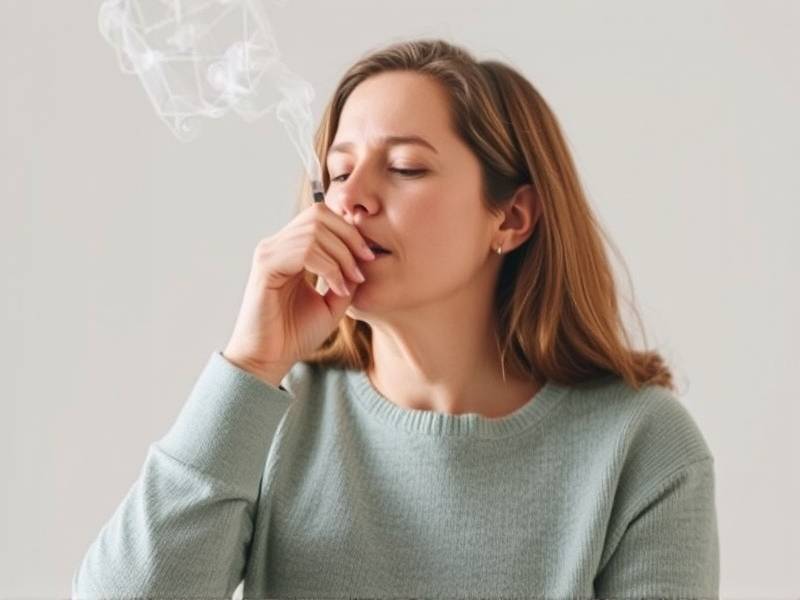When Will Inflammation Even Out After Quitting Smoking?
Understanding the Post-Quitting Smoking Inflammation Timeline
Introduction: Quitting smoking is a significant step towards improving one's health, but it also brings about a host of changes within the body. One common question that arises among former smokers is: "When will inflammation even out after quitting smoking?" This article aims to shed light on this topic and help you understand what to expect as your body adjusts to life without tobacco.
Section 1: The Impact of Smoking on Inflammation Smoking has been linked to chronic inflammation, which can affect various parts of the body, including the heart, blood vessels, and lungs. The chemicals in tobacco smoke can damage the lining of blood vessels, leading to inflammation and an increased risk of heart disease and stroke.

Section 2: How Quitting Smoking Reduces Inflammation As you quit smoking, your body begins to heal from the damage caused by tobacco smoke. Over time, inflammation levels start to decrease as your body repairs itself. However, this process may vary from person to person.
Subsection 2.1: Immediate Changes Within hours of quitting smoking, your body starts to experience immediate changes. Carbon monoxide levels drop quickly, allowing more oxygen to reach your tissues and cells. This helps reduce inflammation and improve overall health.

Subsection 2.2: Short-term Changes (weeks to months) In the short term (weeks to months), you may notice continued improvements in inflammation levels. Your immune system becomes more efficient at fighting off infections, and your risk of heart disease starts to decrease.
Subsection 2.3: Long-term Changes (years) Over time (years), the long-term effects of smoking on inflammation begin to diminish further. Your risk of developing heart disease continues to decrease, and other chronic conditions associated with smoking start to improve.
Section 3: Factors Affecting Inflammation Levels Several factors can influence how quickly inflammation levels even out after quitting smoking:
Subsection 3.1: Duration of Smoking The longer you smoked and the more cigarettes you smoked daily, the longer it may take for inflammation levels to normalize.
Subsection 3.2: Genetic Factors Your genetic makeup can also play a role in how quickly your body recovers from smoking-related inflammation.
Subsection 3.3: Lifestyle Choices Adopting a healthy lifestyle that includes regular exercise, a balanced diet, and adequate sleep can help accelerate the healing process.
Conclusion: While it's difficult to pinpoint an exact timeline for when inflammation will even out after quitting smoking, it's essential to remember that each individual's journey is unique. By focusing on lifestyle changes and maintaining a positive mindset, you'll be well on your way toward reducing inflammation levels and improving your overall health.
